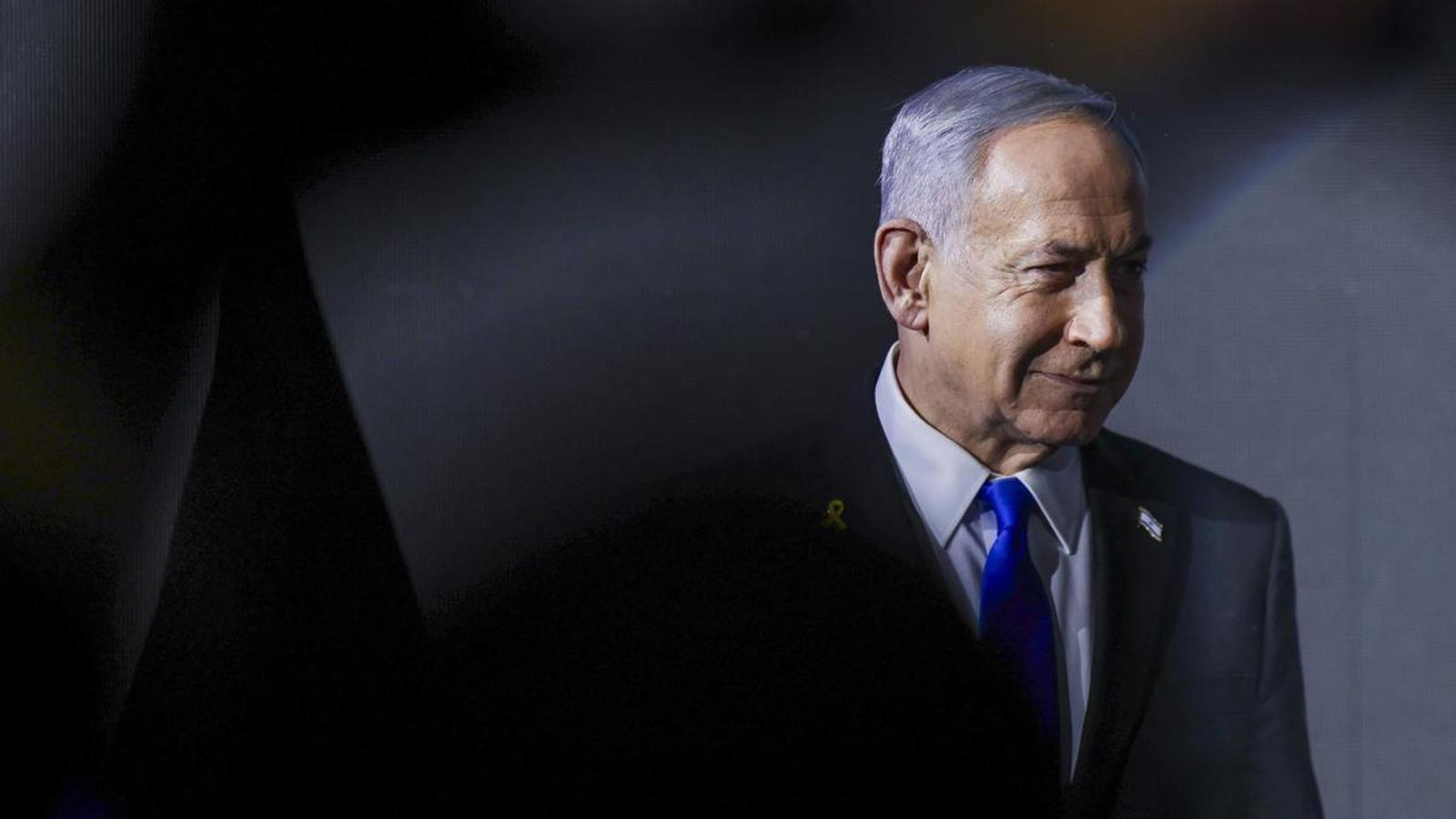

I am writing in the midst of the ruthless August of the Netanyahu Israeli government, culminating in the announcement of the invasion of Gaza and a new colonial plan in the West Bank. With these actions—let us not forget, endorsed by a democratically proclaimed executive—the Israeli leadership is combating the growing consensus on a two-state solution to end the war and conflict in Palestinian territory. I could write filled with indignation, but I do so enlightened by two texts on the Jewish Question that I rediscovered this summer, written almost a century ago by European voices.
It was 1939, in the midst of the Nazi regime, when Max Horkheimer, philosopher and director of the Institute for Social Research that would lend its name to the famous Frankfurt School, wrote a fundamental text on the moral condition of our continent, Europe. Jews and Europe was published in the magazine Zeitschrift für Sozialforschungat the worst moment of a century, the 20th, full of technical progress, but humanly catastrophic, but it lived in oblivion until it was reprinted in other languages in 1980 and popularized throughout Europe when the Palestinian conflict loomed.
Horkheimer, Jewish like the other founding members of that school that included figures such as Theodor Adorno, Herbert Marcuse, Erich Fromm, Leo Löwenthal or the ill-fated Walter Benjamin, inaugurated with this text a transformative and practical philosophy, which analyzed and at the same time called. It would be the mark of the Frankfurt School, defender of a just, free and democratic society, with great philosophical contributions of the 20th century such as Dialectic of Enlightenment, written jointly by Adorno and Horkheimer, the messianic thought of Benjamin or revolutionary works such as Reason and revolution, Eros and civilization, by Marcuse, and The fear of freedom Fromm's.
In the text, the philosopher makes a staunch defense of German Jewish society and denounces its persecution by the Nazi regime, more for economic than ethnic or religious reasons. The author argues, with a phrase that will go down in history—"the new anti-Semitism is the emissary of the totalitarian order into which the liberal order has ended"—that Nazism and its hatred of Jews was an authoritarian and anti-liberal reaction, in the midst of the political and economic crisis of the Weimar Republic, against the prosperous position of the e:
Today, history turns around. The denunciation that many have made and continue to make of the barbarity and violation of human rights that the civilized Israel exercises against a people it has accused for decades of barbarianAnd today, 85 years afterJews and EuropeI wonder what those Jewish thinkers, some liberal, others communist, but all anti-fascist, would have to say about the genocidal actions of a government (Netanyahu's) that condemns one people to misery and disappearance (Palestine) and the other to international rejection (Israel).
Those persecuted thinkers defended the superiority of human freedom and dignity undermined by the great dehumanizing regime of the 20th century, Hitler's regime. Today, in the century of technology, the 21st, the dehumanizing action is carried out by the Netanyahu regime, and it does so with different tools, but with the same animalizing techniques with which the Nazi Ari supremacists treated the Jewish people. The former victim—the people of Israel—drags the West into guilt, which is what made its historical desire to become a state possible.
With the extremist drift of his government, but also because of the need to avoid being indicted, Netanyahu commits multiple crimes in the name of Israel that tear at the enlightened values of the West: (1) he starves an entire people, (2) he assaults a land with colonial techniques and (3) annihilates journalists and underage activists to make unspeakable the truth that committed voices make available to history. It does so with the surgical efficiency only available to the most technologically advanced army. With only half a dozen dead—Al Jazeera journalists and grassroots activists—it ensures collective silence and spreads panic to anyone who dares to insist on the incorruptible radical nature of the facts.
All of this represents the great civilizing paradox of our time: we are children of the Enlightenment that demanded the dignity of the human being above authoritarian regimes and pre-modern injustices, but we endorse an ethnocracy—the Jewish one—that has extended its status asenemy even the Christians who for centuries mistreated them as much or more than the Muslims they now attack in Gaza and the West Bank.
Reread About Palestine, by Hannah Arendt, is even more devastating. From the German thinker exiled in the United States in 1941, we remember the report on the Nazi trials, the memorable Eichmann in Jerusalem: A Report on the Banality of EvilLess well-known are her 1944 texts on the Palestinian question, written in the wake of the Zionist project to found a state on Palestinian territory. Arendt, who initially supported the initiative, warned in her texts that Palestinian refugees must be protected and coexistence between the two peoples ensured before settling in an already inhabited land. Her recommendations today become cruel premonitions about Israel's authoritarian drift in the conflict.
It must be said clearly. The current scenario is a historic decision, one that has placed obstacles in the way for decades—with exceptions such as the periods of government of Yitzhak Rabin and Ehud Barak. A radical path is chosen in the face of the "Zionist trilemma" with which Israeli society has coexisted since its founding: to be a nation-state of Jewish confession, to define itself as a full democracy, while simultaneously exercising warmongering authoritarianism. History will judge the final decision properly, because it was made by a single man on behalf of an entire people and buried de facto the original democratic will. By denouncing the guilty, we ensure that the innocent are not made to pay for the guilty.

